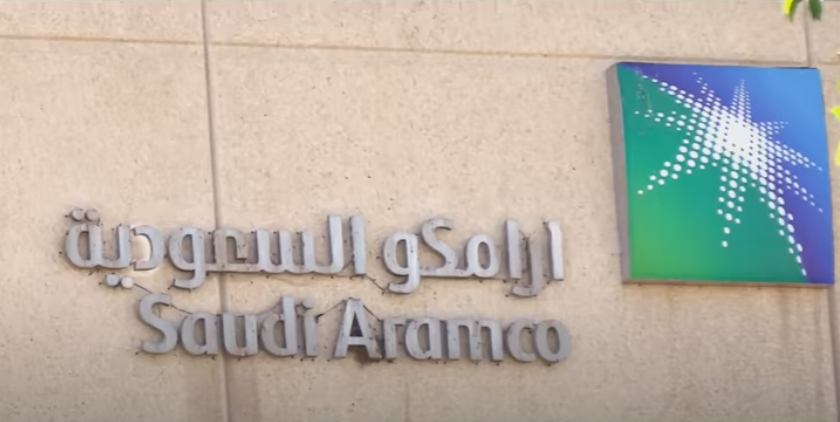But did you know that ESG investments go to Saudi Arabia?

Thanks to a complex financial tour, the oil company Saudi Aramco has been able to access ESG financing, which should in theory be aimed at assets that are attentive to environmental sustainability. Facts, numbers and insights
It seems absurd, but Saudi Aramco, the largest oil company in the world, is benefiting from ESG investments, those which in theory should go towards assets with a positive environmental, social and management impact. Merit – wrote Bloomberg , who discovered the turnaround – of a "complex network of financial structures" used by Aramco to raise funds from its pipelines.
According to the agency, it appears that Aramco intentionally did not want to draw on ESG funds when it began a process in 2021 to raise $28 billion. “But whether ESG investors ended up playing a role in raising capital for a fossil-fuel giant raises questions,” he writes.
WHERE THE HISTORY BETWEEN SAUDI ARAMCO AND ESG COMES FROM
The story is ironic because Aramco CEO Amin Nasser has criticized ESGs in the past. Last February, for example, he declared that sustainability factors have "an automatic bias against all conventional energy projects," and that this bias will be the cause of risky underinvestment for energy security and the global economy.
The link between Aramco and ESGs originates in the creation of two subsidiaries dedicated respectively to oil and gas pipelines: the Aramco Oil Pipelines Company and the Aramco Gas Pipelines Company. Aramco then sold 49 percent of both companies' shares to two consortia, one led by EIG Global Energy Partners and the other by BlackRock.
– Read also: Why is BlackRock's Fink now “ashamed” of ESGs?
THE MANEUVER OF EIG AND BLACKROCK
To finance the operations, the two consortia resorted to bank loans. And to generate cash to pay them off, they created two special purpose vehicles: EIG Pearl Holdings and GreenSaif Pipelines Bidco, both registered in Luxembourg at the same address. The companies subsequently sold bonds which, not having a direct link to the fossil fuel industry, scored above average in a sort of "sustainability protocol" created by the bank JPMorgan Chase and widely used.
Thus, the special purpose vehicles' bonds ended up in JPMorgan's ESG indexes, which receive investments from big financial players such as UBS and HSBC.
THE PROBLEM WITH ESG
Bloomberg reports that Aramco, through its pipeline subsidiaries, was likely aiming to access capital in private markets, which are usually lower cost and not too supervised. “But the existence of such complex financial structures”, wrote Bloomberg referring to SPVs and ESG indices, “creates a problem for investors who want to be sure that, by investing in an ESG fund, their money goes to respectful companies of the climate".
Some financial experts think that there are problems with the methodologies for calculating the "sustainability scores" of an investment due to the lack of transparency and the scarcity of available data. However, regulators are starting to intervene. For example, in June the European Commission presented a proposal to radically change the ESG rating system, currently controlled by large financial groups, and impose fines on companies that do not comply with the new methodology.
The current sustainability assessment systems already assign very low scores to Saudi Aramco, which has indeed said it wants to reduce its emissions while forecasting their increase in the medium term.
This is a machine translation from Italian language of a post published on Start Magazine at the URL https://www.startmag.it/energia/investimenti-esg-saudi-aramco/ on Tue, 11 Jul 2023 11:55:25 +0000.
